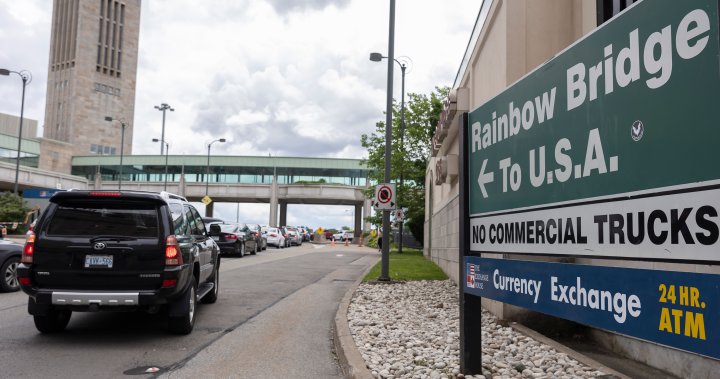Gambling
The expansion of sports gambling means Canadians will be betting away their shot at building wealth
Ottawa’s decision in 2021 to allow for the expansion of sports betting may be luring people away from investing for retirement and toward the zero-sum game of gambling.
Two U.S. working papers released in the last two months highlight the financial impact on individuals of expanded sports betting. For every dollar wagered on sports, as an example, there was a reduction in stock market investments of just over two dollars.
Both studies seized on a change to U.S. laws in 2018 that resulted in the immediate expansion of sports betting. Because the U.S. changed their laws three years before Canada, in a way, we have a crystal ball for what the effects on Canadians might be over the near term. Since 2018, 38 states have legalized sports gambling. In 2023, total sports bets placed in the U.S. were more than US$120-billion, with industry revenues at about US$11-billion, according to the American Gaming Association. That was 46 per cent higher than the previous year. This provides a signal for the level of continued growth in Canada.
But just like the never-ending sports gambling ads that now dominate every TV commercial break, there’s more.
Credit scores decreased in jurisdictions that allowed any type of sports betting, but where it was specifically allowed online, the drop in credit scores was almost three times as large, the paper, titled “The Financial Consequences of Legalized Sports Gambling,” found. The authors also found that bankruptcy filings increased by about 25 to 30 per cent around three to four years after the legalization of online sports gambling.
Interestingly, credit-card delinquencies decreased. This might sound like a paradox until you realize that credit-card issuers have real-time access to how people spend their money, and the study also suggested that banks respond to the financial risk of legalized gambling by restricting credit. In some places around the world, it’s not even allowable to pay for gambling with a credit card online.
In the other working paper, which looked at sports betting’s impact on vulnerable households, one dollar of betting was found to reduce net investment into traditional investments by US$2.13. You might think this is a case of sports betting substituting for risky gambling such as investments into meme-stocks.
The authors of that paper controlled for this by looking at net investment flows at Robinhood and Stash – U.S. discount brokerages – and comparing that to more traditional brokerages. Robinhood and Stash skew toward younger, less sophisticated investors who were far more likely to engage in meme-stock trading.
While online sports betting was associated with an even lower net investment in Robinhood and Stash accounts, this incremental effect was dwarfed by the overall decline in net investments across all brokerages. In other words, sports betting did reduce some gambling-like stock investing, but it mostly reduced traditional investing.
Even more concerning is that the damage is concentrated among those already on the financial brink. Households with below-median savings or a history of using overdraft took the biggest hit to their brokerage accounts. It is a cruel irony that those who can least afford to gamble are betting away their most prudent shot at building wealth.
The researchers calculated that the average annual post-legalization bet amount for a household living in a jurisdiction where online gambling is available was US$1,100. Converting that to Canadian dollars – approximately $1,500 – and instead making an annual contribution to an investment portfolio with a projected 5-per-cent return a year from age 18 to 65 yields a potential value of more than $250,000.
Some may argue people should be free to spend as they choose, and many do enjoy betting responsibly. But the research illuminates how this particular choice is a wealth-destroyer with regressive effects.
So what’s to be done? Banning sports betting entirely is likely a political and practical non-starter. Industry advocates might point out that restrictions on celebrity endorsements, which were announced in Ontario earlier this year, show some contrition. But there seem to be many loopholes in that legislation.
Policy makers should take these new studies to heart.
The Journal of Gambling Studies published a paper in late 2023 that revealed that the Ontario Problem Gambling Helpline reported a dramatic increase in the proportion of calls related to online gambling from 34 per cent to 48 per cent, after the expansion of online and sports-betting advertising in the province. The new working papers focused on U.S. data collectively show that the most disadvantaged in society bear the brunt of the ill effects and there is little reason to expect a different result in Canada.
As a society, our goal should be expanding pathways to financial security, not erecting new barriers. A revenue stream that impoverishes citizens is a devil’s bargain. The house always wins, but we need to consider who’s really losing.
Preet Banerjee is a consultant to the wealth management industry with a focus on commercial applications of behavioural finance research.










